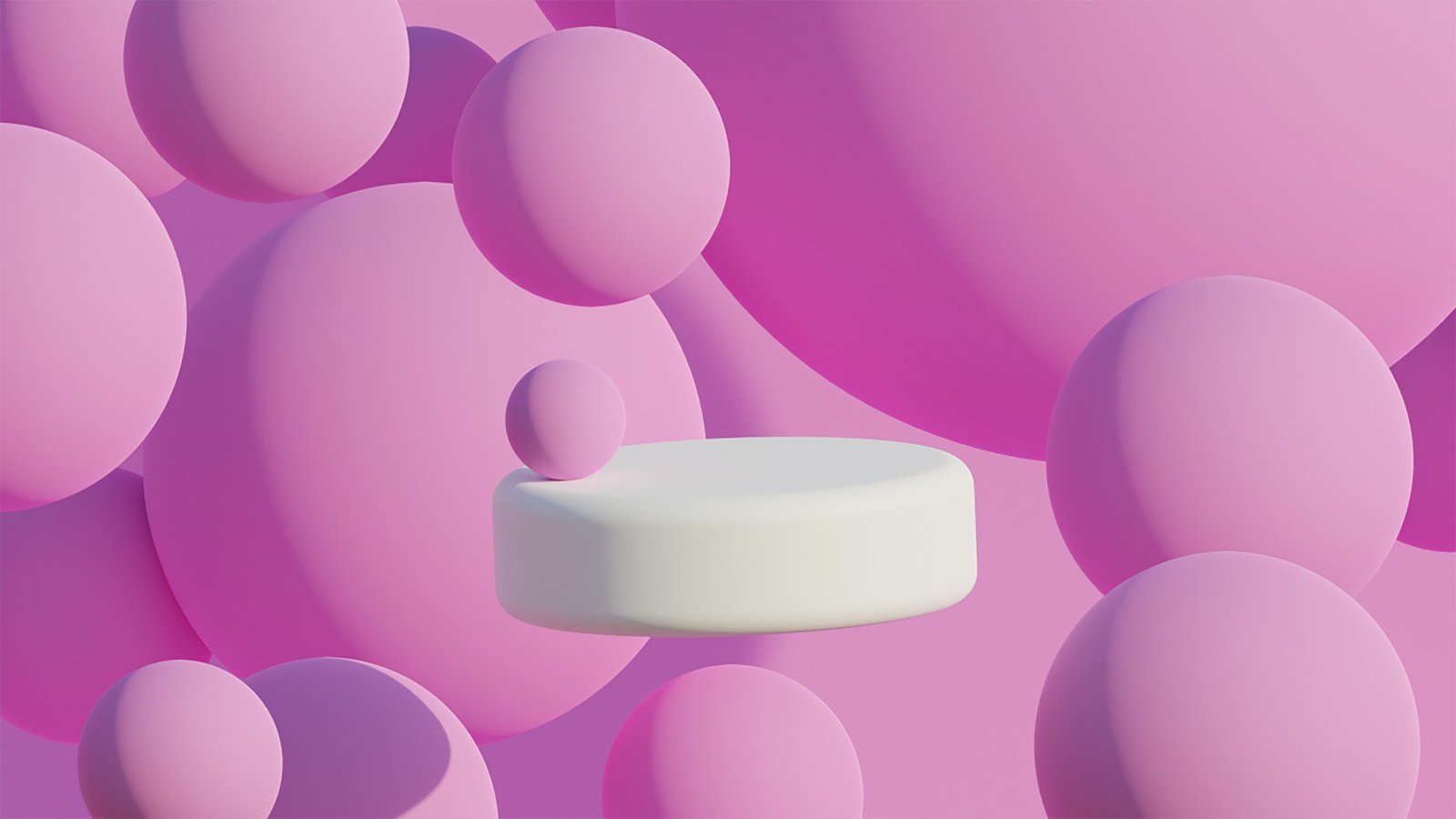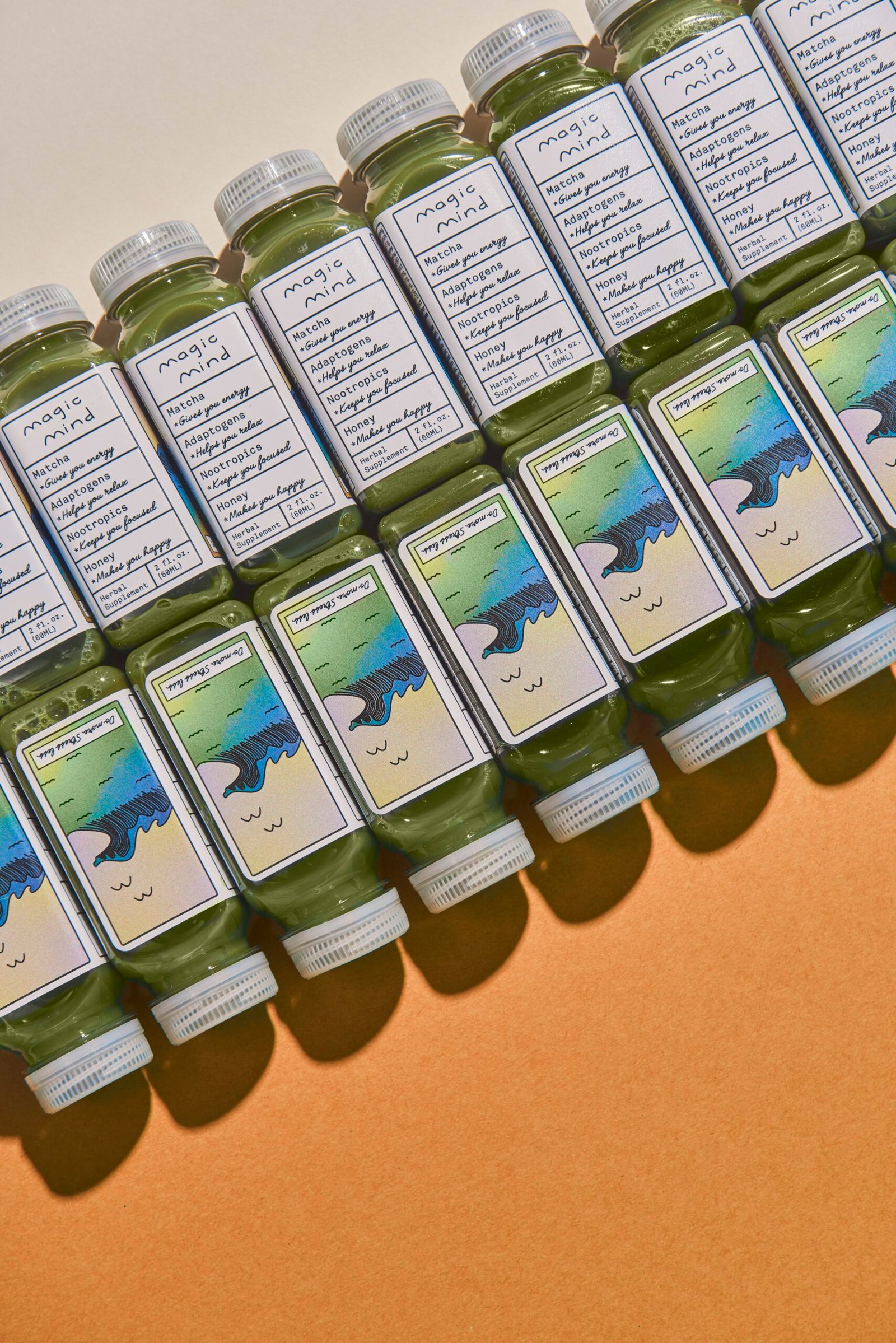If you're dealing with the pain and discomfort of gout, you may be wondering if there are any dietary supplements that can provide relief. Look no further! This article explores the world of dietary supplements and their potential benefits for managing gout symptoms. So, whether you're seeking a natural remedy or curious about alternative options, read on to discover if there are any dietary supplements that could help alleviate your gout woes.

Understanding Gout
Gout is a type of arthritis that is characterized by sudden and severe pain, redness, and swelling in the joints. It is caused by a buildup of uric acid crystals in the joints, which leads to inflammation and pain. Gout most commonly affects the big toe, but it can also occur in other joints such as the ankle, knee, and wrist.
Definition and Causes
Gout occurs when there is an excess of uric acid in the blood. Uric acid is a waste product that is produced when the body breaks down purines, which are substances found naturally in certain foods and also produced by the body. When the kidneys are not able to effectively remove uric acid from the blood, it can build up and form crystals in the joints, resulting in gout.
Some of the factors that can increase your risk of developing gout include:
- Obesity: Being overweight or obese can increase the production of uric acid in the body.
- Diet: Consuming foods that are high in purines, such as red meat, seafood, and alcohol, can contribute to the development of gout.
- Age and sex: Gout is more common in men aged 40 and above and women after menopause.
- Family history: Having a family history of gout increases your risk of developing the condition.
Symptoms and Diagnosis
The symptoms of gout typically develop suddenly and can be incredibly painful. The affected joint may become swollen, red, and feel hot to the touch. The pain is often described as a throbbing or intense sensation that can make it difficult to walk or use the affected joint.
To diagnose gout, a healthcare professional may perform a physical examination, review your medical history, and order tests such as blood tests and joint fluid analysis. Blood tests can help measure the levels of uric acid in your blood, while joint fluid analysis can help identify the presence of uric acid crystals in the joint.
Treatment and Management
The goal of treatment for gout is twofold: to relieve the pain and inflammation associated with an acute gout attack, and to prevent future attacks and manage the underlying causes of gout.
During an acute gout attack, medications such as nonsteroidal anti-inflammatory drugs (NSAIDs), colchicine, and corticosteroids may be prescribed to reduce pain and inflammation. It is also important to rest the affected joint and apply ice to reduce swelling.
To manage gout in the long term, lifestyle changes such as maintaining a healthy weight, exercising regularly, and avoiding trigger foods can be beneficial. Additionally, medications such as urate-lowering therapy (ULT) may be prescribed to lower uric acid levels in the blood and prevent future gout attacks.
Dietary Approaches for Gout
Importance of Diet in Gout
Diet plays a crucial role in preventing and managing gout. By making appropriate dietary choices, you can help reduce the levels of uric acid in your blood and lower your risk of gout attacks.
Recommended Foods
Several foods have been found to be beneficial for individuals with gout. These include:
-
Low-fat dairy products: Studies have shown that consuming low-fat dairy products may help reduce the risk of gout attacks. These products are rich in dairy proteins that have been found to lower the levels of uric acid in the blood.
-
Cherries: Cherries and cherry juice have been associated with a lower risk of gout attacks. They contain compounds that have anti-inflammatory properties and may help reduce levels of uric acid in the blood.
-
Berries: Berries such as strawberries, blueberries, and raspberries are also rich in antioxidants and may have anti-inflammatory effects, which could be beneficial for individuals with gout.
-
Vegetables: Eating a variety of vegetables, particularly those high in vitamin C, may help lower the risk of gout. Broccoli, bell peppers, and citrus fruits are all good sources of vitamin C.
Foods to Avoid
There are certain foods that should be avoided or limited if you have gout. These include:
-
Organ meats: Organ meats such as liver and kidneys are particularly high in purines and should be avoided.
-
Seafood: Some types of seafood, such as anchovies, sardines, and mussels, are high in purines and should be consumed in moderation or avoided.
-
Alcohol: Alcohol, especially beer, has been associated with an increased risk of gout attacks. It can increase uric acid production and decrease its excretion, making it more difficult for the body to eliminate uric acid effectively.
Lifestyle Changes
In addition to making dietary changes, certain lifestyle modifications can also help manage gout. These include:
-
Staying hydrated: Drinking an adequate amount of water can help dilute uric acid in the blood and promote its excretion.
-
Maintaining a healthy weight: Losing excess weight can help reduce uric acid levels in the blood and lower the risk of gout attacks.
-
Regular exercise: Engaging in regular physical activity can help improve overall health and reduce the risk of gout. It is important to choose exercises that are low-impact and do not put excessive stress on the joints.
Supplements for Gout
Role of Supplements
While dietary changes and lifestyle modifications are the primary approaches for managing gout, some individuals may consider using supplements as an adjunct therapy. It is important to note that supplements should not replace conventional medical treatments for gout, but rather be used in conjunction with them.
Vitamin C
Vitamin C is an essential nutrient that has been studied for its potential benefits in gout. Some studies have shown that vitamin C supplementation may help lower uric acid levels in the blood and reduce the frequency of gout attacks. However, further research is needed to determine the optimal dosage and long-term effects of vitamin C supplementation in individuals with gout.
Cherry Extract
Cherry extract, often in the form of capsules or juice, has been investigated for its potential anti-inflammatory and uric acid-lowering effects. Some studies have shown promising results, suggesting that cherry extract may help reduce the risk of gout attacks. However, more research is needed to fully understand the effectiveness and safety of cherry extract in managing gout.
Turmeric
Turmeric is a spice that has been used traditionally in Ayurvedic medicine to treat various inflammatory conditions. It contains a compound called curcumin, which has been shown to have anti-inflammatory properties. Some studies have suggested that turmeric may help reduce inflammation in individuals with gout, but more research is needed to confirm these findings.
Fish Oil
Fish oil, which is rich in omega-3 fatty acids, has been studied for its potential anti-inflammatory effects. While there is limited research specifically on its effects in gout, omega-3 fatty acids have been shown to have anti-inflammatory properties that may benefit individuals with gout. It is important to choose high-quality fish oil supplements and follow recommended dosages.
Devil's Claw
Devil's claw is an herb that has been traditionally used to treat various inflammatory conditions, including gout. It contains compounds that have been found to have anti-inflammatory and analgesic effects. However, more research is needed to determine the optimal dosage and long-term effects of devil's claw supplementation in individuals with gout.
Dandelion
Dandelion is a flowering plant that has been used in traditional medicine for its diuretic properties. Some practitioners believe that dandelion may help promote the excretion of uric acid and reduce inflammation in individuals with gout. However, more research is needed to determine the effectiveness and safety of dandelion supplementation in gout management.
Nettle
Nettle, also known as stinging nettle, is a plant that has been used for centuries to treat various inflammatory conditions. Some studies have suggested that nettle may help reduce inflammation and pain in individuals with gout. However, further research is needed to confirm these findings and determine the optimal dosage of nettle supplementation.
Bromelain
Bromelain is an enzyme found in pineapple that has been studied for its potential anti-inflammatory effects. Some preliminary research suggests that bromelain may help reduce inflammation and pain in individuals with gout. However, more studies are needed to determine the efficacy of bromelain supplementation in managing gout symptoms.
Quercetin
Quercetin is a plant compound that is found in various fruits, vegetables, and grains. It has been studied for its potential anti-inflammatory effects and may help reduce inflammation in individuals with gout. However, more research is needed to determine the optimal dosage and long-term effects of quercetin supplementation in the management of gout.
Effectiveness of Supplements
Scientific Studies
While some scientific studies have shown promising results regarding the potential benefits of certain supplements in gout management, it is important to interpret these findings with caution. Many of the studies conducted on supplements for gout have been small-scale or have relied on animal models, making it difficult to draw firm conclusions.
More high-quality research is needed to determine the effectiveness of supplements in gout management. It is also important to note that supplements should not replace conventional medical treatments for gout and should be used under the guidance of a healthcare professional.
Patient Experiences
While scientific studies are crucial in determining the effectiveness of supplements, it can also be helpful to consider the experiences of individuals who have used these supplements for gout. Many individuals report positive effects from taking certain supplements, such as cherry extract, turmeric, and fish oil, in managing their gout symptoms.
However, it is important to remember that individual experiences can vary, and what works for one person may not work for another. It is always advisable to consult with a healthcare professional before starting any new supplement regimen.
Potential Side Effects
Most supplements are generally considered safe when taken as directed. However, it is important to be aware of potential side effects or interactions with other medications. For example, high doses of vitamin C can cause stomach upset and diarrhea, while bromelain can interact with certain blood-thinning medications.
Before starting any new supplement, it is recommended to consult with a healthcare professional to ensure that it is safe and appropriate for your individual circumstances.
Choosing and Using Supplements
Quality and Safety Considerations
When choosing supplements for gout, it is important to select products from reputable manufacturers that meet quality and safety standards. Look for supplements that have been independently tested for purity and potency, and consider choosing products that have third-party certifications, such as USP or NSF.
It is also advisable to check for any potential allergens or additives in the supplement and to read customer reviews to gauge the satisfaction and effectiveness of the product.
Dosage Recommendations
The appropriate dosage of supplements for gout may vary depending on the specific supplement and individual needs. It is always recommended to follow the dosage instructions provided by the manufacturer or to consult with a healthcare professional for personalized advice.
It is important to remember that more is not always better when it comes to supplements. Taking excessive amounts of certain supplements can lead to adverse effects, so it is crucial to follow the recommended dosage.
Potential Interactions with Medications
Some supplements may interact with certain medications, including those used to treat gout. For example, bromelain and fish oil have blood-thinning properties and may interact with antiplatelet or anticoagulant medications.
It is essential to inform your healthcare provider about any supplements you are taking or considering, as they can help identify potential interactions and provide guidance on how to safely incorporate them into your treatment plan.
Consulting a Healthcare Professional
Before starting any new supplement regimen for gout, it is advisable to consult with a healthcare professional. They can assess your individual needs and medical history, provide guidance on the appropriate supplements, dosage, and potential interactions with medications.
A healthcare professional can also work with you to develop a comprehensive treatment plan that includes dietary changes, lifestyle modifications, and appropriate medications to manage your gout effectively.
Conclusion
In conclusion, while there are several dietary supplements that have been studied for their potential benefits in gout management, it is important to remember that they should not replace conventional medical treatments. Supplements, such as vitamin C, cherry extract, turmeric, fish oil, devil's claw, dandelion, nettle, bromelain, and quercetin, may have anti-inflammatory and uric acid-lowering effects, but further research is needed to determine their efficacy and safety.
When considering supplements for gout, it is crucial to choose high-quality products from reputable manufacturers, follow recommended dosages, and consult with a healthcare professional. They can provide personalized advice, ensure the supplements do not interact with any medications you may be taking, and help develop a comprehensive treatment plan to manage your gout effectively. Remember, a holistic approach that includes dietary changes, lifestyle modifications, and appropriate medical interventions is key to managing gout and reducing the frequency and severity of gout attacks.


